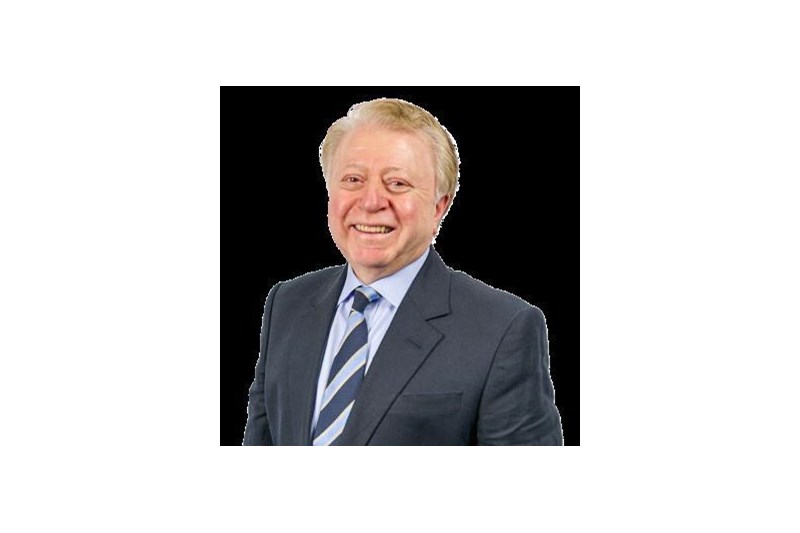Study looks at how to reduce aerosol treatments during a pandemic
Published: 02/09/2020
The University of Salford and the ICE Postgraduate Dental Institute & Hospital are collaborating in a research project to gain an insight into strategies to mitigate the effect of Covid-19 during dental treatments requiring aerosol-generating procedures (AGPs).
When treatment is carried out using aerosol generating procedures, dentists are often put in a position where they are in close proximity of patients' mouths and upper respiratory tract. As the virus transmission occurs mostly by aerosols and droplets generated during such episodes, both the dental team and the patients are at a high risk of contracting COVID-19.
The study will be a partnership between the ICE Postgraduate Dental Institute and Hospital, and the University of Salford. The aim of the research is to create a lower risk of transmitting COVID-19 during treatments by controlling the dental environment when conducting AGPs, while additionally considering patient welfare.
Professor Ghasem Nasr and Dr Martin Burby, from the University are members of the Spray Research Group, an innovation and technology group that invented an aerosol spray to reduce the risk of harmful omissions. Professor Nasr said: ‘Mitigation and removal of the viral load of COVID-19 within the dental environment requires different innovative technology under both laboratory and realistic conditions. The collaborative team of experts from both institutions here are determined to unlock this pertinent problem which inevitably would lead to the protection of both staff and patients within day to day dental practice.’
The team from ICE will be led by Professor Cemal Ucer, director and clinical lead, with the support of Dr Rabia Khan, Education and Research Director and Professor Simon Wright, director and academic lead.
Professor Cemal Ucer said: ‘This is a very exciting collaboration for both parties involved. As COVID-19 has affected not only dentistry but all healthcare sectors profoundly, in terms of clinical safety, infection control has become harder to regulate and so research like this is even more imperative for the future.’
Research begins in autumn of 2020 and will last for approximately one year.
Author: Julie Bissett












.jpg?width=150&height=100&scale=canvas)
